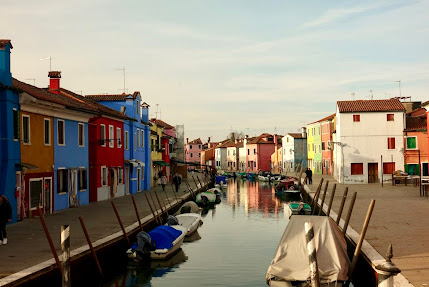Annie Latimer Post 1/16
In our discussions we have been talking about the environmental and societal impacts of olive groves. Olives have many uses including lamps, cleansing product, perfumes, and medicinal uses. Olives can't thrive in a cold environment, which is why climate change has impacted the date in which the olives are produced. Climate change also impacts olives because olive trees are susceptible to drought. Olive oil is also possibly the safest natural way to incorporate essential fats into the diet without risk of cardiovascular problems.
Also in our discussions we talked about the environmental problems in Italy. In Rome, the hydraulic engineers that made the aqueducts made a great impact on the environment. This land was no longer available for wildlife, agriculture, and vegetation. The Romans were especially destructive by planting many parks and gardens. I visited Rome during my free days and was able to see the lack of green and natural spaces in Rome.
Also in our discussions we talked about the environmental problems in Italy. In Rome, the hydraulic engineers that made the aqueducts made a great impact on the environment. This land was no longer available for wildlife, agriculture, and vegetation. The Romans were especially destructive by planting many parks and gardens. I visited Rome during my free days and was able to see the lack of green and natural spaces in Rome.
We have also had many chances to eat locally and to see how and where our food was made! We went to a sheep farm and had many different types of cheeses there. We were then able to see how it was made and how the owners had low emissions in mind while making their products. Our market lunch was one of my favorite lunches we had thus far. The people who prepared our meal told us where every ingredient was from and they were all locally sourced. Our meal at the olive groves was also sourced from local areas and we were able to see how the olive oil we were eating was made! I am loving all of the local and sustainable meals that we are eating.





.jpg)
Comments
Post a Comment